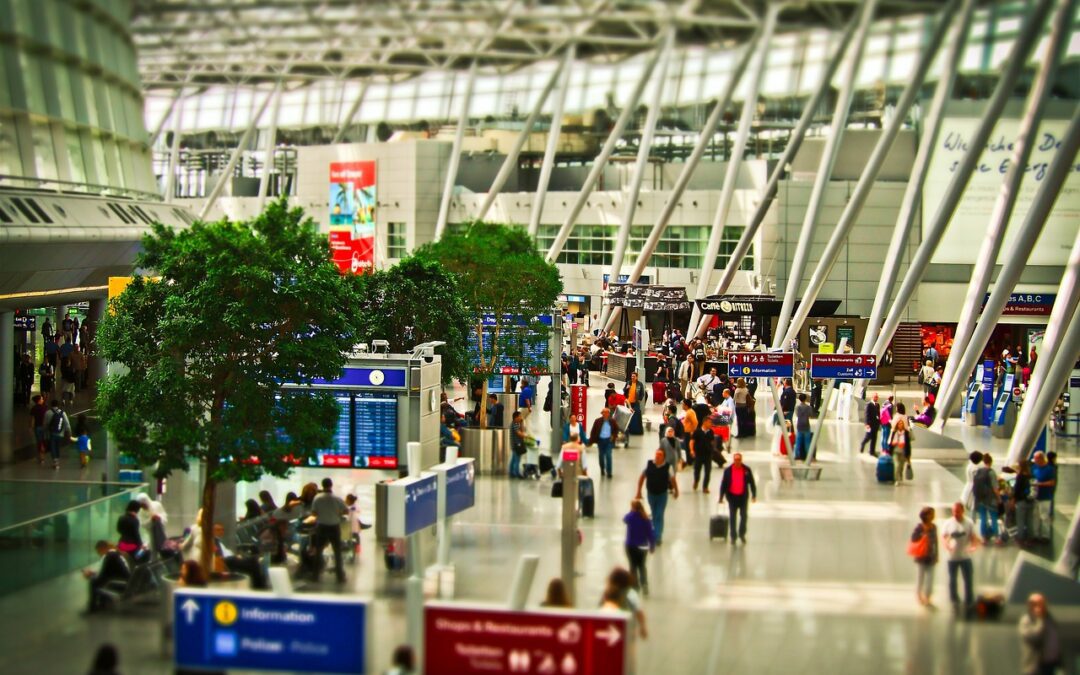1. What Are the Current Procedures and Challenges for H-1B Visa Stamping Abroad?
If you’re scheduling H-1B visa stamping at a U.S. consulate outside the U.S., here’s what you need to know:
- PIMS Notification Filing
Before your consular appointment, your attorney must submit a PIMS (Petition Information Management Service) notification at least 10 days in advance. Failing to file in time can cause delays, as the consulate may not have access to your petition approval record.
- Documents to Carry
Be prepared with the following:
· I-797 H-1B approval notice
· Valid passport
· W-2 forms, recent paystubs, and employer letter
· Supporting documents for your role and company
· Knowledge of your job duties consular officers may ask!
- Interview Waiver / Dropbox Eligibility
Many H-1B holders qualify for interview waivers (the “dropbox” process). However, even dropbox applicants can face 221(g) administrative processing. This means your visa is temporarily refused until additional review or documents are submitted.
- Challenges to Watch For:
· Long wait times for visa appointments—especially at consulates in India
· 221(g) administrative processing delays
· Discrepancies between your employer’s petition and your actual employment details—these can raise red flags
2. Can You Travel Internationally While an H-1B Extension or Transfer is Pending?
We get this question a lot, and the short answer is: It’s risky.
- If You’re Changing Employers (H-1B Transfer):
Traveling internationally while a transfer petition is pending can be problematic. Your previous employer could withdraw your original petition while you’re abroad this could impact your ability to re-enter on the existing visa stamp.
If you must travel, carry:
- The receipt notice for the new H-1B transfer
- Documents showing continuity of employment
- Ensure your prior H-1B visa stamp is valid for at least 6 months prior to your reentry
- If the Petition is Denied While You’re Abroad:
You won’t be able to re-enter the U.S. on that basis, and you’ll likely need to wait for a new approved petition and fresh visa stamping.
Best practice: Wait until your extension or transfer is approved before traveling internationally.

3. How Does Changing Employers Affect H-1B Status and Travel?
Switching jobs on an H-1B? Here’s how to manage your travel and documentation:
- After H-1B Transfer Approval:
You can travel and re-enter the U.S. using:
- Your valid H-1B visa (even if it lists your old employer)
- The new employer’s I-797 approval notice
- Supporting documentation showing your new job
- Before Approval:
Avoid travel. You may not be allowed back in if your transfer is still pending and your prior H-1B visa is revoked by your prior employer.
Final Thoughts from Attorney Emandi
Whether you’re stamping your visa abroad, considering travel during a pending petition, or switching employers strategic planning is essential and consulting with an H1B Lawyer. Delays and administrative hurdles can complicate what seems like a straightforward process.
If you need help evaluating your travel or stamping situation, we’re here to help as experts in immigration law and H-1B visa issues and questions. Book a consultation with our team at emandilaw.com, your go to immigration attorney to make sure your next move is a confident one with an experienced immigration attorney. We will provide you guidance form work visas and work visa changes to green cards.
